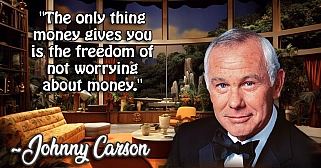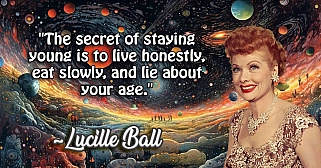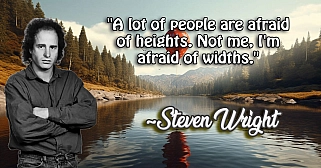George Carlin: Legendary Comedian and Fearless Social Critic
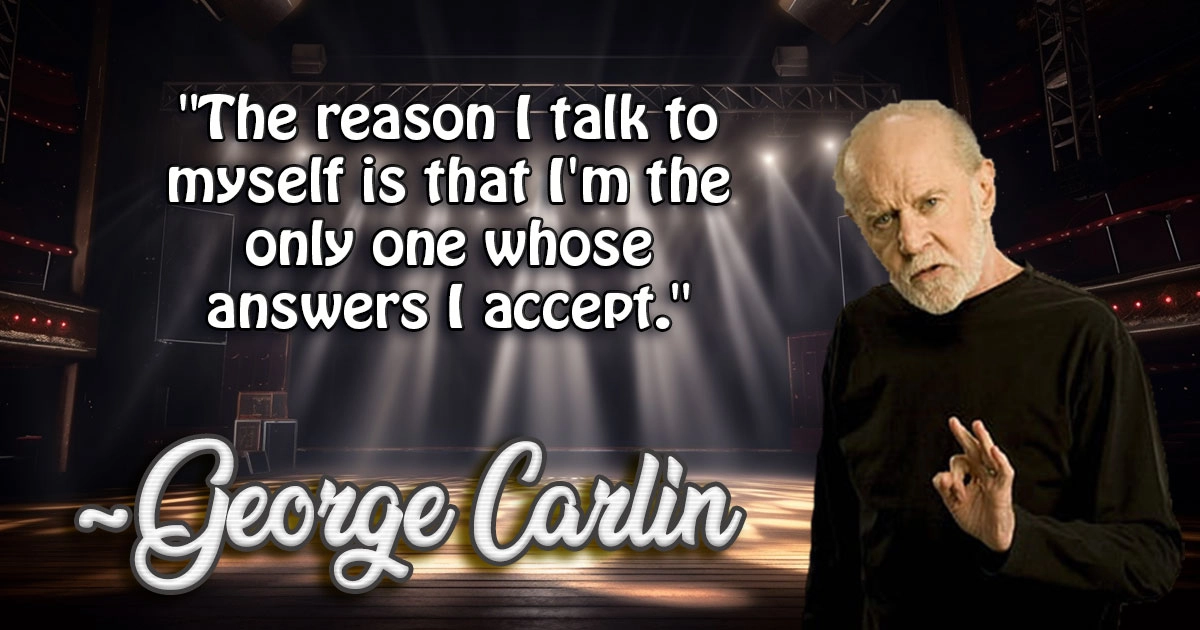
George Carlin
Early Life and Influences
George Carlin was born on May 12, 1937, in the Bronx, New York City, to Mary and Patrick Carlin. His upbringing was marked by a mix of challenges and rich cultural exposure. His father, an advertising manager, left the family when George was just two months old, leaving his mother to raise him and his older brother, Patrick Jr., alone. Despite the hardships, Mary Carlin instilled in George a strong work ethic and a love for the English language, which would later play a crucial role in his comedy.
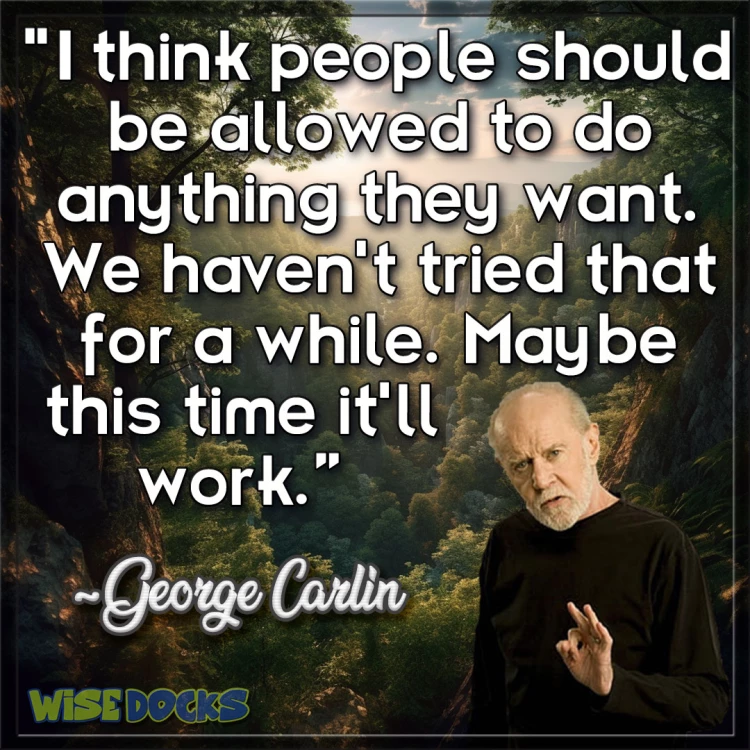
Carlin grew up in a neighborhood teeming with a variety of influences, from the tough streets of Harlem to the vibrant cultural life of Manhattan. This eclectic environment shaped his worldview and provided a wealth of material for his future comedy. From an early age, Carlin showed a knack for humor and a rebellious spirit. He dropped out of high school and joined the Air Force, where he trained as a radar technician. It was during this time that Carlin began performing stand-up at local clubs, honing his craft and developing his unique comedic voice.
The Rise of a Comedic Legend
After leaving the Air Force, Carlin teamed up with Jack Burns, a fellow comedian, and the duo moved to Hollywood in the early 1960s. They gained attention for their performances at the famous nightclub The Blue Angel and soon found themselves appearing on national television. However, it wasn't long before Carlin decided to strike out on his own.
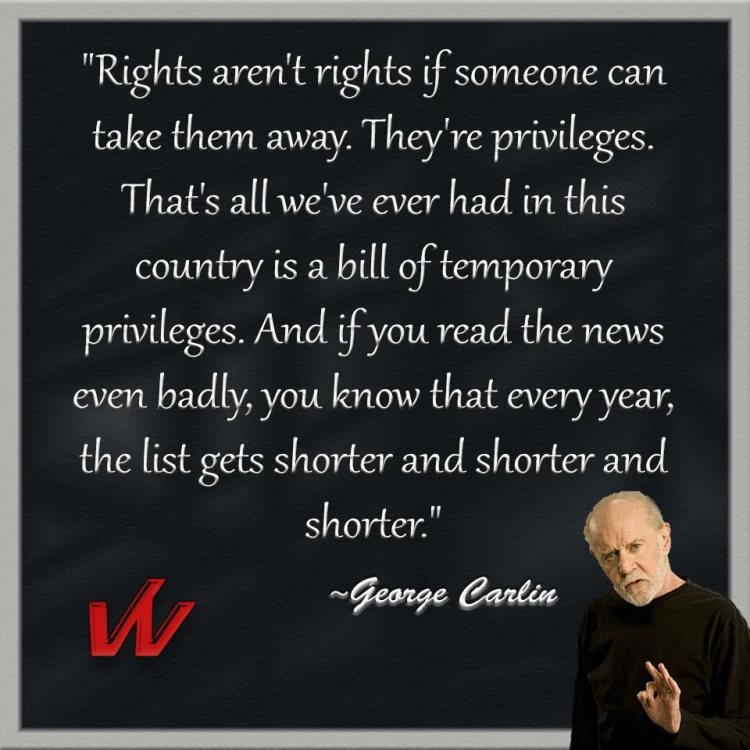
By the mid-1960s, Carlin had established himself as a solo performer, known for his sharp wit and observational humor. He released his first comedy album, "Take-Offs and Put-Ons," in 1967, which featured a mix of character-driven bits and satirical commentary. His appearances on "The Tonight Show" and other popular programs helped him gain a wider audience, and he quickly became a favorite in the burgeoning counterculture movement.
The Transformation: From Clean-Cut to Counterculture
The late 1960s and early 1970s were a period of significant transformation for Carlin, both personally and professionally. Influenced by the social and political upheavals of the time, he began to shift away from his earlier, more mainstream material. Carlin grew out his hair, adopted a more casual style, and started to tackle more controversial topics in his comedy.
This period of transformation was marked by the release of his groundbreaking album, "FM & AM," in 1972. The album featured two sides: "AM" with his older, more conventional material, and "FM" with his newer, edgier routines. It was a bold statement of his evolving comedic perspective and resonated deeply with audiences. The success of "FM & AM" earned Carlin his first Grammy Award for Best Comedy Album.
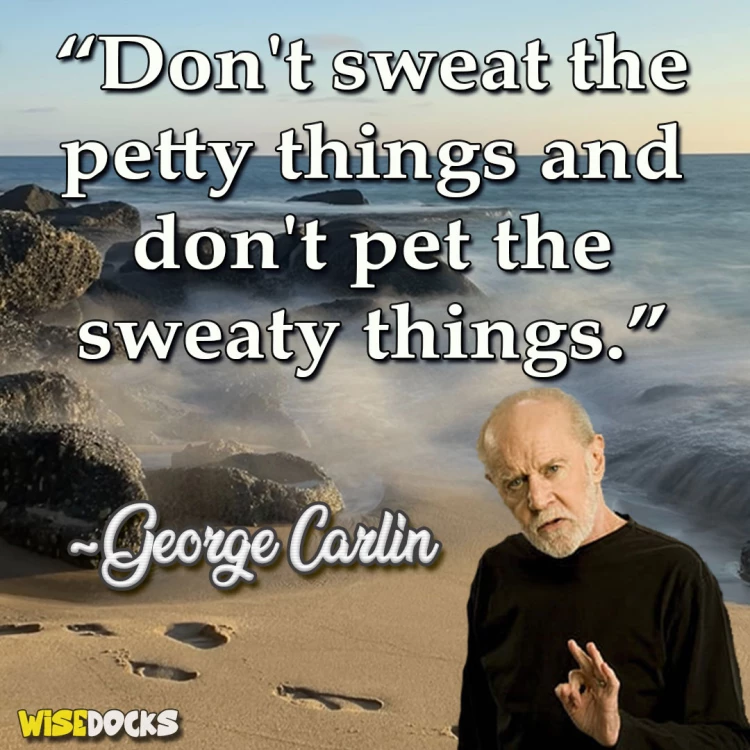
The Seven Dirty Words
Carlin's most famous and controversial routine, "Seven Words You Can Never Say on Television," was released on his 1972 album, "Class Clown." The routine humorously and provocatively examined the use of taboo language in American society. It led to a landmark legal case when a radio station played the routine, resulting in a Supreme Court decision that upheld the government's right to regulate indecent material on public airwaves.
Despite the controversy, or perhaps because of it, Carlin's career continued to soar. He became a prominent voice of the counterculture, unafraid to tackle issues of censorship, free speech, and societal hypocrisy. His comedy albums, including "Occupation: Foole" and "Toledo Window Box," further solidified his reputation as a fearless and insightful commentator on American life.
Television and Film Career
In addition to his stand-up career, Carlin found success in television and film. He starred in his own comedy specials on HBO, starting with "George Carlin at USC" in 1977. These specials, known for their candid and unfiltered content, became a staple of his career and showcased his ability to adapt his material to the changing times.
Carlin's film career included roles in movies like "Car Wash" (1976), "Outrageous Fortune" (1987), and "Bill & Ted's Excellent Adventure" (1989), where he played the iconic character Rufus. He also lent his voice to animated features, such as the character Fillmore in Pixar's "Cars" (2006).
Later Career and Continued Influence
As Carlin aged, his comedy grew even more biting and unapologetic. He tackled subjects such as religion, politics, and the absurdities of everyday life with a cynicism and insight that resonated with audiences across generations. His later albums, including "Jammin' in New York" (1992) and "You Are All Diseased" (1999), continued to push the boundaries of comedic commentary.
Carlin's ability to adapt and remain relevant over the decades was a testament to his talent and dedication to his craft. He received numerous accolades throughout his career, including multiple Grammy Awards and a posthumous Mark Twain Prize for American Humor in 2008.
Personal Life and Legacy
George Carlin's personal life was as complex and multifaceted as his comedy. He struggled with substance abuse for much of his career, eventually achieving sobriety later in life. He was married twice, first to Brenda Hosbrook, with whom he had a daughter, Kelly, and later to Sally Wade.
Carlin passed away on June 22, 2008, leaving behind a legacy of groundbreaking comedy and fearless social critique. He is remembered not only for his contributions to stand-up comedy but also for his influence on the cultural and political discourse of his time.
Influence on Modern Comedy
George Carlin's impact on comedy is profound and enduring. He paved the way for a new generation of comedians who view him as a trailblazer and a source of inspiration. Carlin's willingness to address controversial topics and push the boundaries of acceptable discourse has influenced countless performers, including Louis C.K., Bill Maher, and Chris Rock.
Carlin's comedic philosophy emphasized the importance of questioning authority and challenging societal norms. His ability to blend humor with incisive social commentary set a high standard for comedians and established comedy as a powerful tool for cultural critique.
Carlin's work lives on
George Carlin's life and career were marked by a relentless pursuit of truth and a fearless commitment to speaking his mind. From his early days as a clean-cut comedian to his transformation into a counterculture icon, Carlin's journey was one of constant evolution and adaptation. His groundbreaking routines, such as "Seven Words You Can Never Say on Television," challenged societal norms and left an indelible mark on the world of comedy.
Carlin's legacy endures through his extensive body of work, his influence on modern comedians, and his impact on the cultural landscape. He remains a symbol of comedic innovation and a reminder of the power of humor to provoke thought, inspire change, and challenge the status quo. George Carlin's voice may be gone, but his words and ideas continue to resonate, inspiring new generations to laugh, think, and question the world around them.
